-
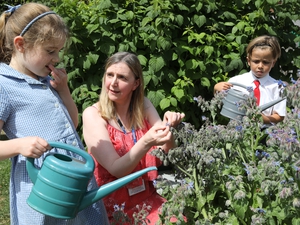
17 November 2022
‘Sunday School prompted me to join church school’
It was partly Sharon James’s experience of teaching at Sunday School in her church that ... read more
-
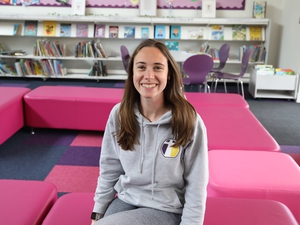
31 October 2022
Teacher loves to see children’s progress through school
As a Year 6 teacher, Tamara Goddard loves to see the progress that pupils make ... read more
-
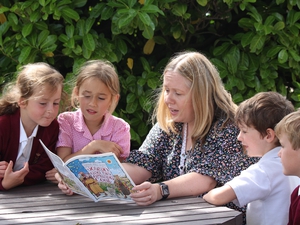
12 October 2022
Teaching in church schools is a vocation
Teaching is a vocation, and teaching in our church schools is often a specific vocation. ... read more
Ryde pupils prove themselves to be global citizens
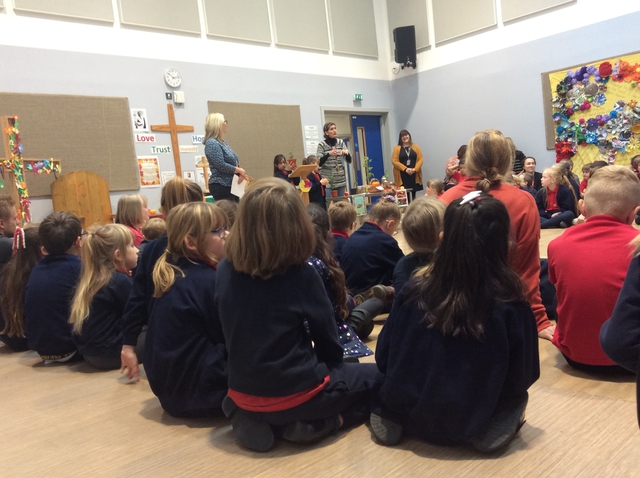
PUPILS and staff at an Isle of Wight primary school have been working hard to take their place as 'global citizens'.
From recycling, beach cleans and litter picks to welcoming Ukrainian refugees and supporting the local food bank, the community at Oakfield C of E Primary School have been making a difference. The school has now achieved a bronze award in Christian Aid’s Global Neighbours scheme in recognition of its steps to love their global neighbours.
The accreditation scheme celebrates schools that are helping pupils learn about global poverty and the Christian responsibility to tackle it, as well as giving them the tools to play a confident part in creating a fairer world.
Oakfield Primary is the first school on the Isle of Wight to receive the Global Neighbours award and is going to be supporting other schools on the island in their global citizenship work. Only 150 schools have the award nationally, 17 of them in Winchester and Portsmouth Dioceses.
Their pupils were involved in projects such as collecting tea, coffee and hot chocolate to be sent to the Ukrainian borders to provide hot drinks for those in need, after hearing about the refugee crisis from one of their teachers who is Ukrainian. They also took part in the Isle of Wight Mardi Gras celebrations, contributing their ideas to a project focussed on ‘Our World, Our Future.’
Diane Robinson, global neighbours lead at the school, said: “We are thrilled to be recognised for the work we have done as a whole school community to raise awareness of the extreme inequalities across our globe and perhaps more importantly, the steps we can take to address these. The pupils learn about global issues regularly and gain an understanding of injustice in our world. Our pupils' Global Neighbours committee has been set up to give us a steer about various global issues of injustice and exploitation about which we can take action. As a school community we have supported Ukrainian refugees in practical and creative ways.
”Pupils have been learning about examples of people who faced adversity and overcame this to be courageous advocates for change. These stories have challenged the whole school community to think about how each of us can make a difference in our local community and globally. We took part in Christian Aid’s scheme because it gives us a practical way of living out our school values of Love, Trust, Honesty and Hope.
“Our world is increasingly connected and our hope is for our children to grow as responsible global citizens who care about issues such as the environment and access to healthcare. The children have especially enjoyed participating in the Mardi Gras project, which focussed on caring for our natural environment and learning about recycling and that what we do with our rubbish can affect not only our local environment and wildlife, but also the lives of others globally."
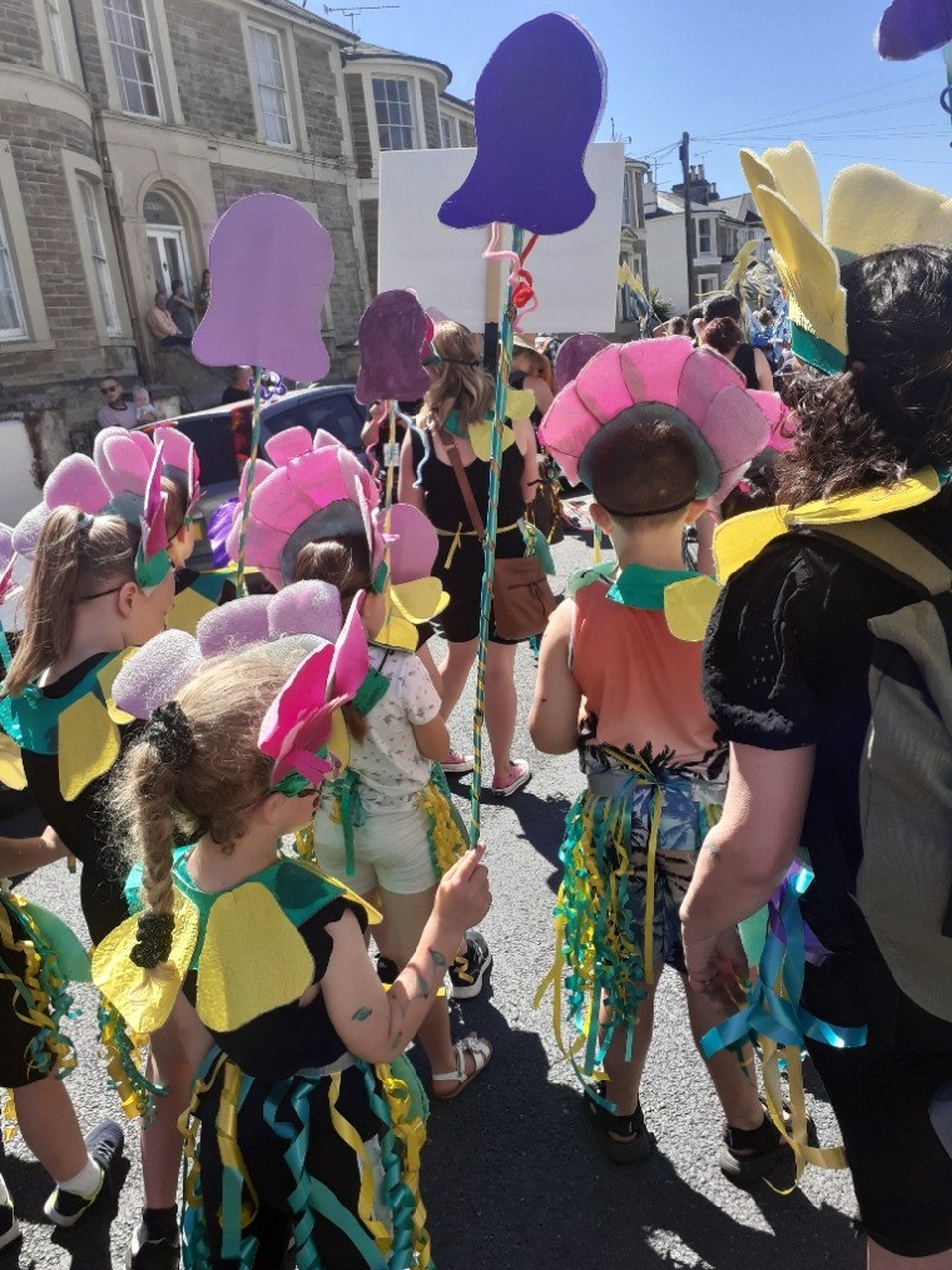
Alison Brown, global neighbours schools programme officer at Christian Aid, said: “The Global Neighbours Scheme was launched in partnership with the Church of England’s Education Office with a vision of helping young people understand more about the inequalities in this world and helping them to become courageous advocates for those who have no voice. It’s wonderful to see how staff and pupils at Oakfield have taken this to heart and are seeking to tackle injustice.
“Christian Aid is also looking to recruit more volunteer teachers locally to go into schools to help us deliver the scheme. If you have experience of working with children and are excited about inspiring a new generation of agents of change, we would love to hear from you!”
Any primary school in England can join the Global Neighbours scheme. There are three levels of accreditation: bronze, silver and gold. These are verified by independent assessors, who look for evidence across five areas: school leadership, teaching and learning; collective worship and spiritual development; pupil participation; and community engagement. More details are here.